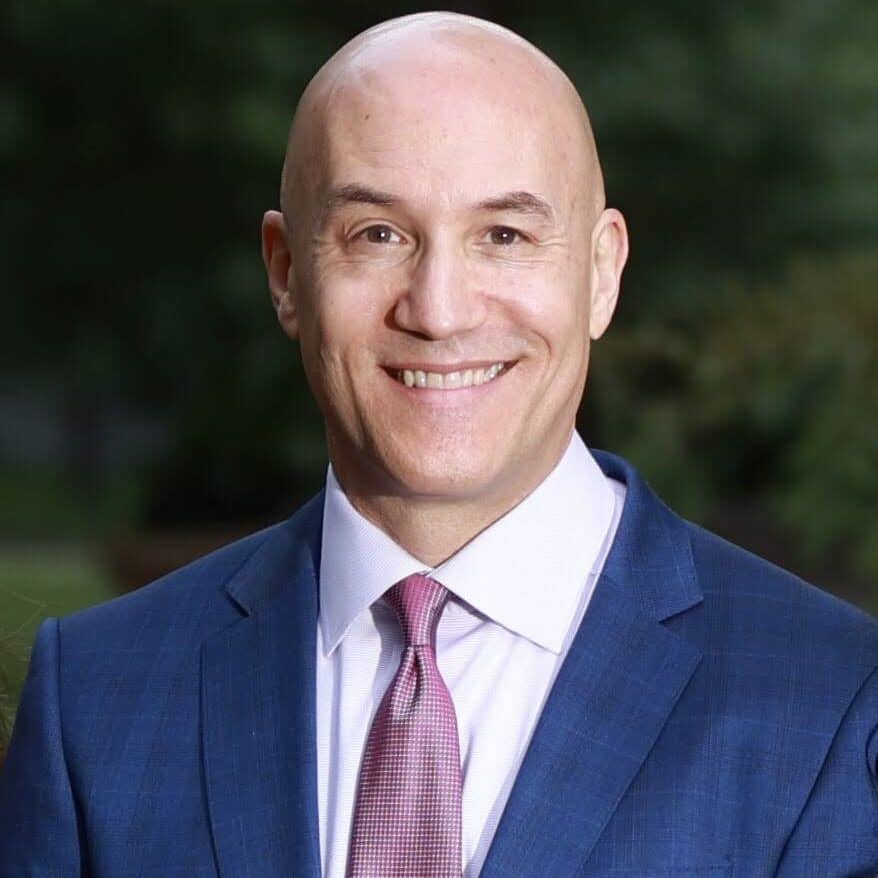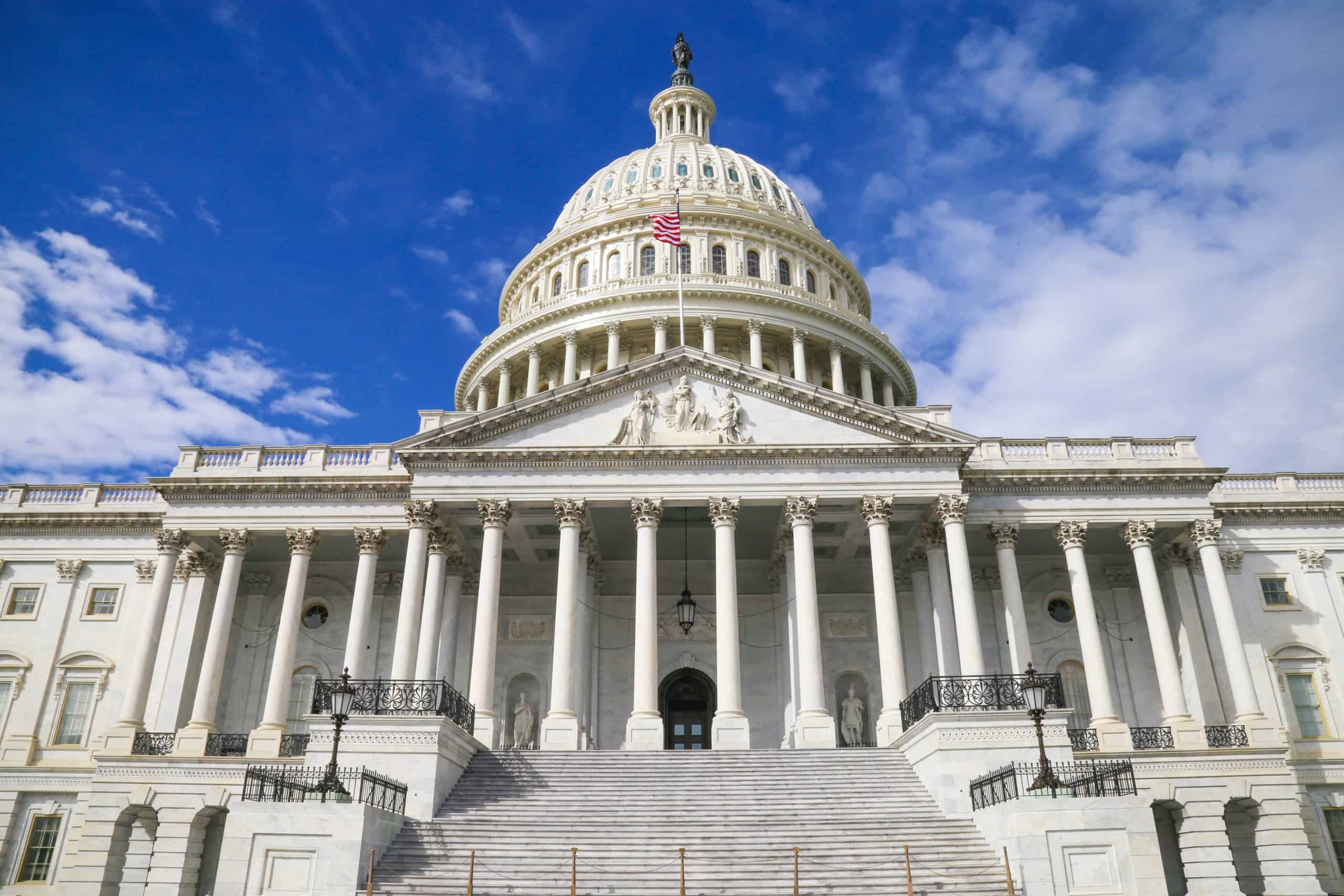Wealthtender is a trusted, independent financial directory and educational resource governed by our strict Editorial Policy, Integrity Standards, and Terms of Use. While we receive compensation from featured professionals (a natural conflict of interest), we always operate with integrity and transparency to earn your trust. Wealthtender is not a client of these providers. ➡️ Find a Local Advisor | 🎯 Find a Specialist Advisor

Ask an Advisor: What does the One Big Beautiful Bill Act Means for Business Owners? Top Tax Takeaways

The One Big Beautiful Bill Act (OBBBA) introduced several important tax law changes that will impact business owners. Understanding these updates can help you plan proactively and take full advantage of the available opportunities to reduce taxable income, reinvest in your business, and strengthen your long-term financial position.
Enhanced qualified business income (QBI) deduction (Sec 199A)
The Tax Cuts and Jobs Act (TCJA) introduced a new tax deduction in 2018 for business owners with the Qualified Business Income (QBI) deduction under Section 199A, which allows eligible pass-through business owners (i.e., sole proprietorships, partnerships, S Corp.) to deduct up to 20% of their QBI or their total taxable income (minus capital gains), whichever is less. OBBBA made this deduction permanent, with only minor adjustments. However, there are income phaseout ranges that reduce or eliminate the deduction for higher earners.
- Specified Service Trades or Businesses (SSTBs) – like consultants, accountants, doctors, and attorneys – see the deduction gradually phased out as income rises and is completely eliminated above the phaseout range.
- Non-SSTB businesses also experience a phase-down, but not to zero. Instead, their deduction is limited by the Wage and Depreciable Property (WDP) test, which equals the greater of:
- 50% of W-2 wages paid by the business, or
- 25% of W-2 wages plus 2.5% of the business’s qualified depreciable property.
In simpler terms, service businesses lose the deduction entirely once income exceeds the threshold, while other businesses retain a partial deduction based on their payroll and property.
Starting in 2026, a new rule introduces a minimum $400 deduction for anyone with at least $1,000 in active QBI—provided they meet the material participation requirements (meaning they are actively involved in running the business). This change is aimed at helping smaller side businesses, rather than larger, more established ones. (Section 70105)
Increased Phaseout Ranges for Higher-Income Business Owners
Beginning in 2026, OBBBA amended Section 199A to completely phase out the deduction at slightly higher taxable income levels. Business owners with taxable income over the applicable threshold are subject to a phaseout range of $150,000 (joint filers), up from $100,000. The deduction will be completely phased down to $0 for SSTB owners or to the WDP limit for non-SSTB owners. (Section 70201)
100% Bonus Depreciation of Business Property
First-year depreciation (Sec. 168) has been phasing down under TCJA, however OBBBA permanently restored this “bonus” depreciation to 100% for business property placed in service after January 19, 2025. Eligible business property can therefore be fully expensed this year rather than depreciating over multiple years. (Section 70301)
Qualified Small Business Stock
Prior to OBBBA, Sec. 1202 provided qualified small businesses with an exclusion of gains on stock issued prior to the business having more than $50 million of assets as well as being held for five years. The new law increases the gain from qualified small business stock (QSBS) acquired after July 4, 2025, to $75 million, helping more businesses to qualify. The maximum Sec. 1202 capital gain exclusion increased to $15 million, up from $10 million. Additionally, it provides partial gain exclusion of 50% if it is held between three and four years, 75% if held between four and five years, and 100% for five years or more.
An important distinction is the act applies only to stock acquired after the OBBBA enactment, therefore any stock acquired prior must still be held for at least five years to be eligible for gain exclusion. (Section 70431)
Sec. 179 Expensing
Section 179 of the IRS tax code was created to encourage business owners to invest in themselves by allowing a full cost deduction of certain property as an expense when it is initially placed in service, as opposed to depreciating over many years. The act increases the maximum amount a taxpayer may expense to $2.5 million (up from $1 million), reduced by the amount by which the cost of qualifying property exceeds $4 million (up from $2.5 million). (Section 70306)
Excess Business Loss Limitation
OBBBA makes the limitation on excess business losses of noncorporate taxpayers permanent, which would have expired in 2028. Beginning in 2026, it will reset the amount to $500,000 (joint filers) with inflation adjustments thereafter. (Section 70601)
Limitation on Business Interest
The act reinstated a prior rule allowing businesses to calculate their adjusted taxable income without a deduction for depreciation, amortization, and depletion, thereby allowing a larger deduction of business interest. (Section 70303)
Employer-provided childcare credit
To encourage employers to offer on-site or subsidized childcare programs to employees, beginning in 2026, the act will increase the amount of employer-provided childcare credit from 25% to 40%. For eligible small businesses, the credit is increased to 50% of qualified childcare expenses. (Section 70401)
There are additional tax changes affecting high-net-worth taxpayers, which you can read in my article: Tax Law Changes from One Big Beautiful Bill Act That Every High-Net-Worth Taxpayer Should Know.
Have a Question to Ask a Financial Advisor?
When you’re uncertain about money matters, submit your question to Wealthtender, and it may be answered by a financial advisor in an upcoming article or in the Wealthtender Expert Answers Forum.
Need personalized help? Visit wealthtender.com to find the right financial advisor for your unique needs.
This article was originally published on Wealthtender and is intended for informational purposes only and should not be considered financial advice. You should consult a financial professional before making any major financial decisions. Wealthtender earns money from financial professionals, which creates a conflict of interest when these professionals are featured in articles over others. Read the Wealthtender editorial policy and terms of service to learn more. Wealthtender is not a client of these financial services providers.
About the Author

John Foligno, CMC® | Grand Life Financial
Wealthtender is a trusted, independent financial directory and educational resource governed by our strict Editorial Policy, Integrity Standards, and Terms of Use. While we receive compensation from featured professionals (a natural conflict of interest), we always operate with integrity and transparency to earn your trust. Wealthtender is not a client of these providers. ➡️ Find a Local Advisor | 🎯 Find a Specialist Advisor

